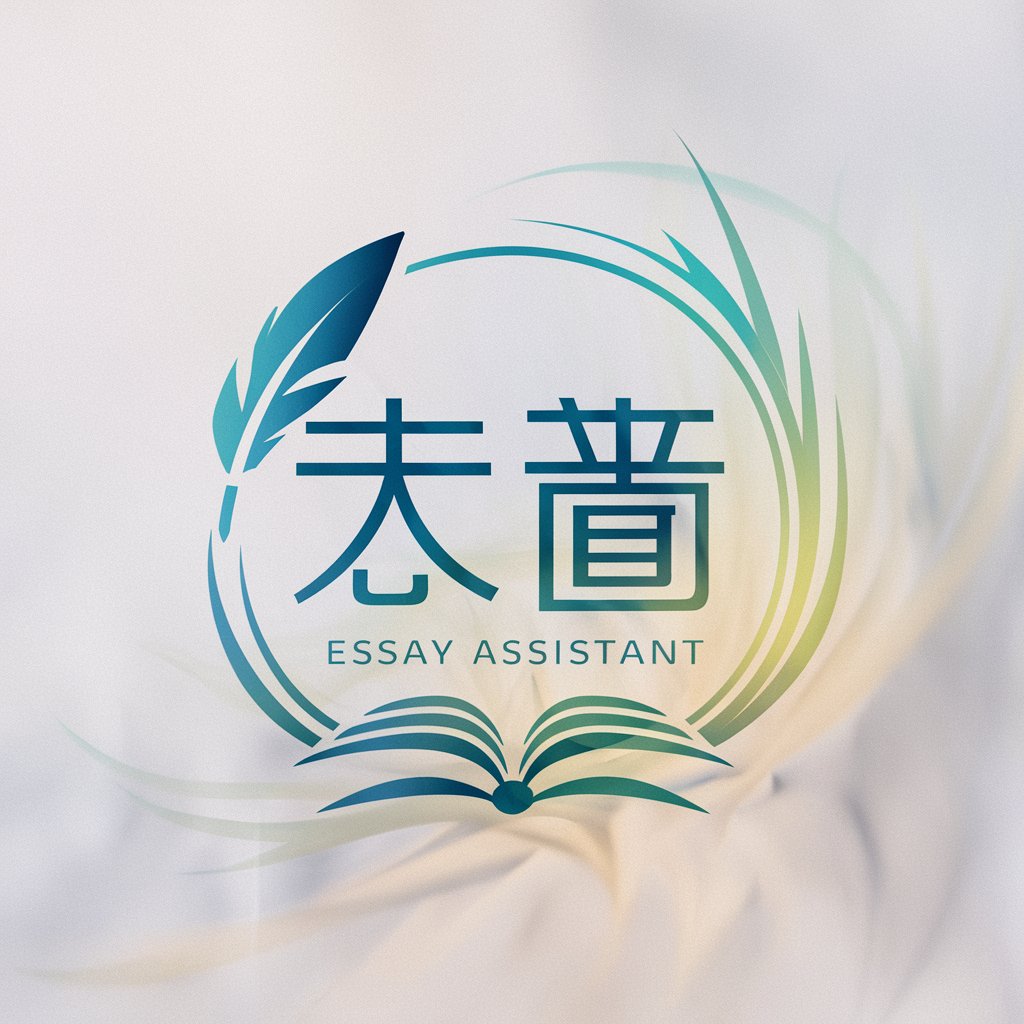連続・自然な英語練習帳 - Translation Practice Tool

Hello! Ready to improve your translation skills today?
Elevate Your English with AI-Powered Translations
Translate the following Japanese sentence into natural and fluent English:
Please provide an English translation for this Japanese conversation:
How would you translate this Japanese phrase into English?
Convert the following Japanese dialogue into English, focusing on fluency and natural expression:
Get Embed Code
Overview of 連続・自然な英語練習帳
連続・自然な英語練習帳 is designed as a specialized tool to aid in the practice of translating Japanese into English across various contexts such as everyday conversations, gossip, business dialogues, and IT technology. Its primary goal is to enhance the fluency and naturalness of translations. It achieves this by presenting users with sentences in Japanese related to their chosen topic and then reviewing their English translations, providing feedback focused on making their translations sound more fluent and natural. An example scenario could be a user translating a Japanese conversation about ordering coffee at Starbucks into English. The system would then offer suggestions to make the translation sound more like a native English speaker's way of ordering coffee. Powered by ChatGPT-4o。

Core Functions of 連続・自然な英語練習帳
Translation Practice
Example
Translating a conversation about recent technology news from Japanese to English.
Scenario
A user chooses the 'IT technology' topic and is given a Japanese sentence about the latest smartphone release. The user translates it into English, and the system provides feedback on how to phrase it naturally, like discussing tech news with a friend.
Fluency Improvement
Example
Improving an English translation of a business email from Japanese.
Scenario
A user submits an English translation of a Japanese business email. The system reviews the translation, suggests ways to make it sound more professional and native, and explains cultural nuances that could affect the email's tone.
Cultural Contextualization
Example
Discussing Japanese pop culture topics and their English equivalents.
Scenario
When a user translates a conversation about a popular Japanese TV show, the system not only focuses on the translation's fluency but also provides context about how similar shows are discussed in English-speaking countries, enhancing cultural understanding.
Who Benefits from Using 連続・自然な英語練習帳
Language Learners
Individuals studying English or Japanese who wish to improve their translation skills and understanding of conversational nuances. They benefit from practice in a variety of real-life scenarios, making their language use more natural and culturally appropriate.
Professionals
Business professionals who frequently engage in cross-cultural communication and need to translate emails, documents, and conversations accurately and naturally. They gain from understanding the subtleties of business language and etiquette in both Japanese and English.
Culture Enthusiasts
People interested in Japanese culture, including anime, technology, and business practices, who want to discuss these topics in English with fluency and accuracy. They appreciate learning the cultural contexts behind phrases and expressions.

How to Use 連続・自然な英語練習帳
1
Access the platform at yeschat.ai for a hassle-free trial without needing to log in or subscribe to ChatGPT Plus.
2
Choose your preferred topic for translation practice from the options provided: Daily Conversations, Gossip, Business Conversations, and IT Technology.
3
Translate the provided Japanese sentences related to your chosen topic into English, aiming for fluency and naturalness.
4
Receive feedback focused on improving fluency and natural expression in your translations, and use the suggestions to refine your skills.
5
Continue practicing with new sentences and feedback loops to enhance your translation abilities across various subjects for more natural and fluent English expressions.
Try other advanced and practical GPTs
时间转换工具
AI-powered Precise Time Conversions

随心翻Translate at Will
Translate effortlessly with AI power.

随笔小能手
Elevate your writing with AI-powered insights

随意炒
Revolutionize your cooking with AI-powered guidance and inspiration.

随身手账外教
Empower your English with AI

大峰 AI 绘画(随机版)
Unleash creativity with AI-powered art prompts

田舎自然生活アドバイザー
Your AI Gateway to Rural Japan

然足下卜之鬼乎?
Discover Your Fortune with AI

数字李自然
Empowering entrepreneurship with AI insights

嘉然Diana
Your AI-Powered Companion for Daily Conversations

Culinary Master: Chinese Cuisine
Authentic Flavors at Your Fingertips

MediConsult GPT
Empowering health decisions with AI.

Frequently Asked Questions about 連続・自然な英語練習帳
What makes 連続・自然な英語練習帳 different from other language learning tools?
This tool focuses specifically on translating Japanese into English, with an emphasis on fluency and naturalness in expression, providing detailed feedback to refine translation skills.
Can I choose the topic for translation practice?
Yes, users can select from Daily Conversations, Gossip, Business Conversations, and IT Technology to practice translating sentences from Japanese to English.
How does the feedback mechanism work?
After you submit your translation, you receive feedback highlighting areas of improvement and suggestions for more natural and fluent English expressions.
Is 連続・自然な英語練習帳 suitable for beginners?
While beginners can use it, the tool is more beneficial for intermediate to advanced learners looking to refine their translation skills and achieve natural fluency in English.
How often should I use this tool for optimal results?
Regular practice is recommended. Using the tool daily or several times a week can significantly improve your translation skills and familiarity with natural English expressions.
